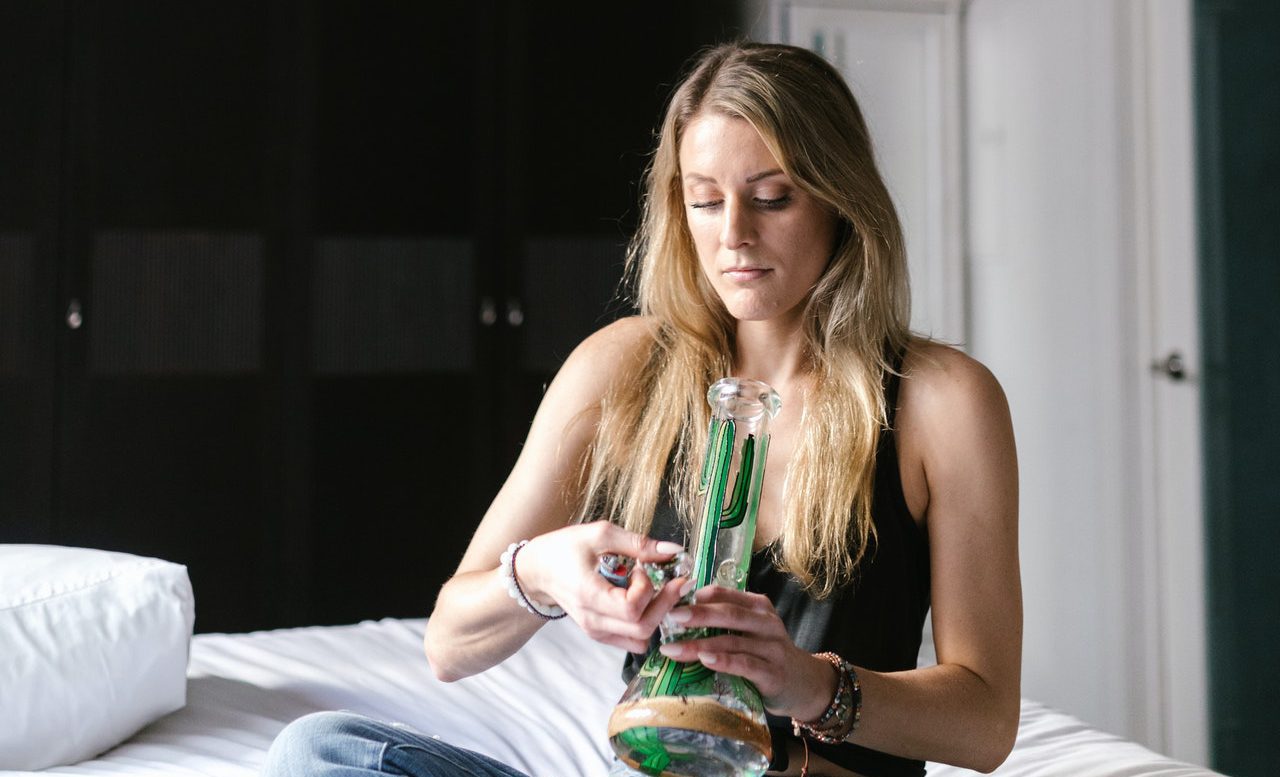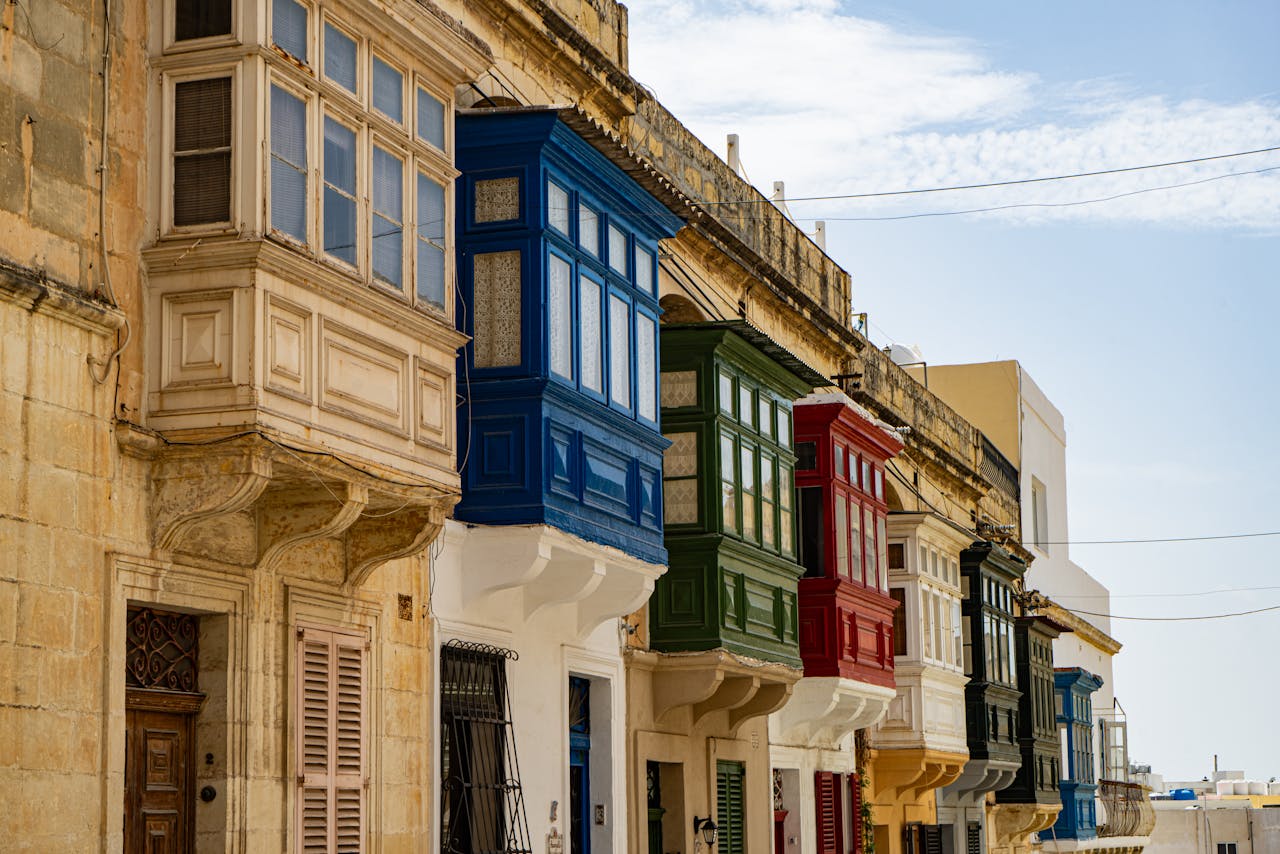Cannabis users and enthusiasts are celebrating today after the bill regulating the sale and recreational use of the drug passed through Parliament thanks to the Government’s majority.
However, people in the tourism sector have less reason to rejoice, with tourism still very much lagging behind the rest of the economy.
Malta’s tourism figures have taken a COVID-19-shaped hit, with the number of tourists dropping from three million in 2019 to half a million in 2020. While this year’s arrivals are expected to be around one million, the road to pre-pandemic levels remains a long one.
Whether tourists visiting Malta will be able to purchase and consume cannabis remains in the air, with the bill containing no mention of who exactly will be permitted to do so.
Cannabis use will not be tolerated in public areas, defined to include places accessible to the public in any way, including through payment – ruling out bars and clubs, hotels, and beach clubs, under threat of a €235 fine, with an additional fine of €500 levied if minors are present.
However, it is unclear whether using cannabis in self-catering holiday accommodation, such as the private properties typically found available for short let through the popular booking platform Airbnb, will be permitted.
The proposed social club model will see non-profit organisations being established. The law includes tough limits on their public exposure, with a total ban on advertising and a provision stating that signs cannot include any words, designs or anything else related to cannabis culture, and stipulates that they must be situated at a distance of 250 metres from schools and youth clubs.
Social clubs will only be permitted to sell cannabis to their own members, with a limit of 500 members per social club. However, there is no definition of the people who are allowed to be members, beyond being adults.
This implies that tourists coming to Malta for a few days will still be eligible to become members and purchase cannabis legally, though they will only be able to consume it in non-collective accommodation, such as short let holiday homes.
Allowing the sale of cannabis to tourists could prove a boon to tourism, as in the case of Barcelona, where cannabis social clubs (a similar model to that proposed for Malta) charge tourists a €10 fee to become members.
This, police and city authorities agree, has reduced street dealing and consumption.
With cannabis remaining one of Malta’s favourite drugs, and the door seemingly open to cannabis tourism, the bigger question might be about the incentives a social club has to sell cannabis to tourists. With clubs obliged to operate on a strictly non-profit basis, will there even be a reason to cater to this underserved market?
The lack of clarity surrounding the issue suggests that the Authority for the Responsible Use of Cannabis will have many questions to answer – even before it is established.
EU Funding Helpdesk launched as one-stop-shop for business opportunities
The Helpdesk aims to support businesses in their pursuit of local and EU funding opportunities
Final deeds of sale rise 8.4%, promise of sale agreements up 6.8% in November
Malta’s residential property market strengthened again last month
Employment rises 4.8% as labour market continues to expand
66.8% of the population aged 15 and above are employed






